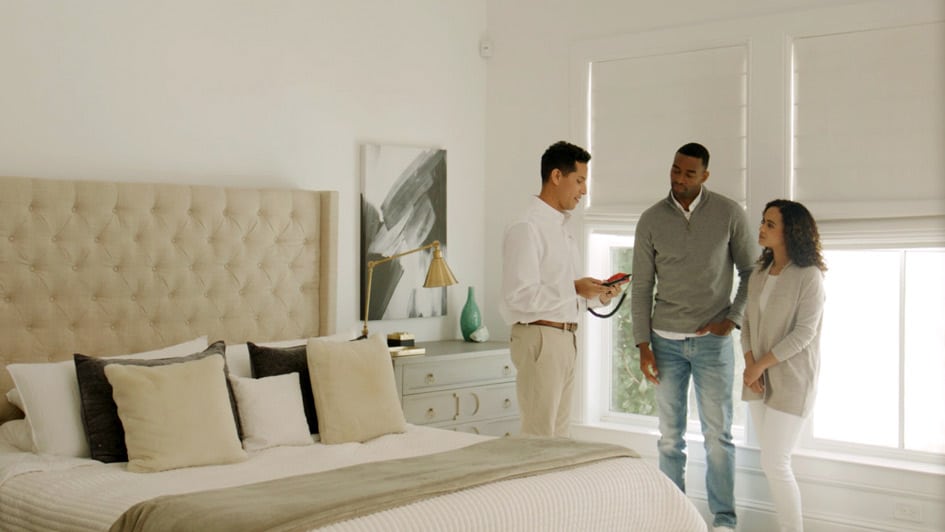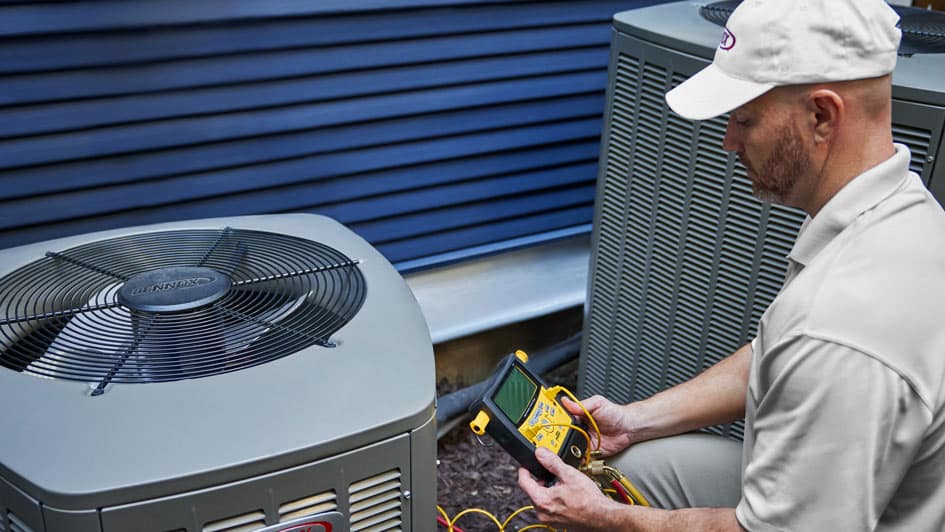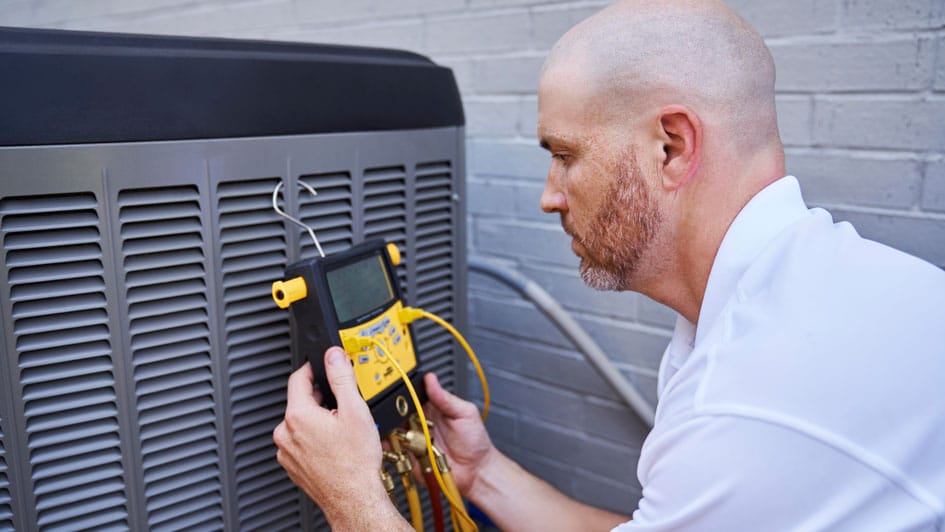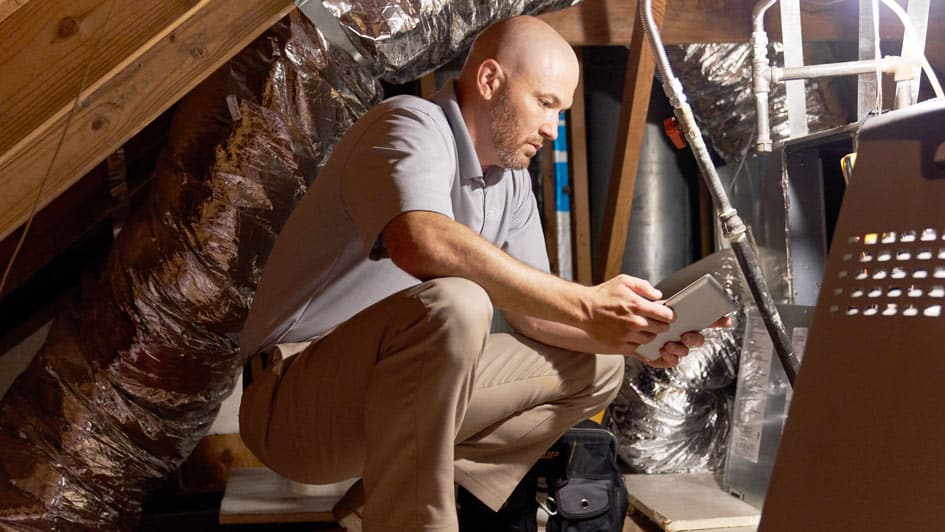
Dust, Allergies, Mold, Odors: Why Air Purifiers Are Worth It
Are you searching for an easy and reliable way to enhance your indoor air quality at home? Whole-house air purifiers are an excellent solution for removing contaminants such as allergens, dust, mold and other harmful particles from the air. Purification systems can also get rid of airborne contaminants such as pet dander, mold spores and smoke, producing a healthier environment for everyone in the home. With the right air purifier, you’ll have a great tool in your tool kit for better indoor air quality in Abilene.
Let’s explore the advantages of an air purifier and why they are really worth investing in.
Do Air Purifiers Work?
Air purifiers are highly good at reducing levels of airborne particles like dust, mold spores, pollen, pet dander and smoke from the air. Some units are even efficient enough to remove extremely small particles, such as those from odors or viruses, from your home’s air.
There are numerous models of air purifiers to choose from, ranging from compact, standalone models to whole-house air purifiers that work in conjunction with your central HVAC system. Depending on the type, some purifiers use effective air filters while others use ultraviolet (UV) light for its sanitation qualities. Some models even use both for optimum air quality benefits.
What Does an Air Purifier Do?
Air purifiers draw in air from the home environment and trap undesirable pollutants and particles as they move through a series of filters. These filters are built of fine mesh or activated carbon that is ideal for removing dust, molds, pet dander, smoke particles, chemicals and other airborne impurities. The fan in the air purifier then forces clean air into the ductwork for circulation.
How Do Air Purifiers Work?
Air purifiers pull in air with a fan before pushing it through one or more filters. Contaminants are gradually trapped by the series of filters, and then the newly purified air is blown out of the purifier. Depending on its design, an air purifier may use electrical charges or ultraviolet light to remove additional particulates.
Other types of filtration found in air purifiers:
- High Efficiency Particulate Air (HEPA) filters: One of the most effective filter designs available, HEPA filters are developed to clean out up to 99.97% of particles from the air—as little as 0.3 microns! Bear in mind that such efficiency can also minimize airflow.
- Activated carbon filters: These filters have finely ground activated carbon, which contains an electric charge able to attract things like odor particles.
- Photocatalytic oxidation: This strategy uses UV light to start a reaction that breaks down microorganisms like bacteria, mold and some viruses. With their DNA destroyed, many microbes can no longer replicate and are effectively eradicated.
Do Air Purifiers Help with Dust?
Air purifiers are designed to help reduce the amount of dust in your home, providing relief from allergies and other respiratory issues brought on by airborne particulate matter. By catching particles like dust in their filtration systems, air purifiers can make the air inside a room or house cleaner and fresher.
If you’re looking to minimize the dust in your home, contact a certified Lennox dealer to enhance your indoor air quality in Abilene.
Do Air Purifiers Help with Allergies?
High-efficiency air purifiers are designed to capture more than 99% of pollutants and particles, which means the air you breathe after it passes through an air purifier is considerably cleaner and healthier. This helps diminish symptoms associated with allergies and respiratory illnesses, because it removes potential irritants from the air.
Do Air Purifiers Help with Mold?
Air purifiers continue to be one of the most effective ways to counteract mold. By trapping airborne particles and spores, they help stop mold from evolving into a health hazard in confined spaces. Additionally, many purifiers come with other features that are designed to overcome mold, such as activated carbon filters and ultraviolet (UV) lights. Activated carbon filters help get rid of smells and other unwanted elements from the air, while UV lights can kill any active mold spores in the air. Together, these features allow for an extensive cleaning of the air in your home or office, which is an important way to keep everyone comfortable and healthy.
Do Air Purifiers Help with Smell?
Not only do air purifiers help improve air quality by removing particles like dust, pollen, smoke and other allergens from the air, but some air purifiers also help remove any nasty aromas that might be stubbornly refusing to leave your home.
Air purifiers use a combination of filters, including activated carbon and HEPA filters, to trap and clear out odors from the environment. This assures that your home will remain smelling fresh and clean without any embarrassment of lingering odors. By making an investment on a whole-home air purifier, you can ensure that your home has exceptional indoor air quality and smells nice all year-round.
Don't wait until your AC breaks down - get a professional maintenance check now.
Contact



